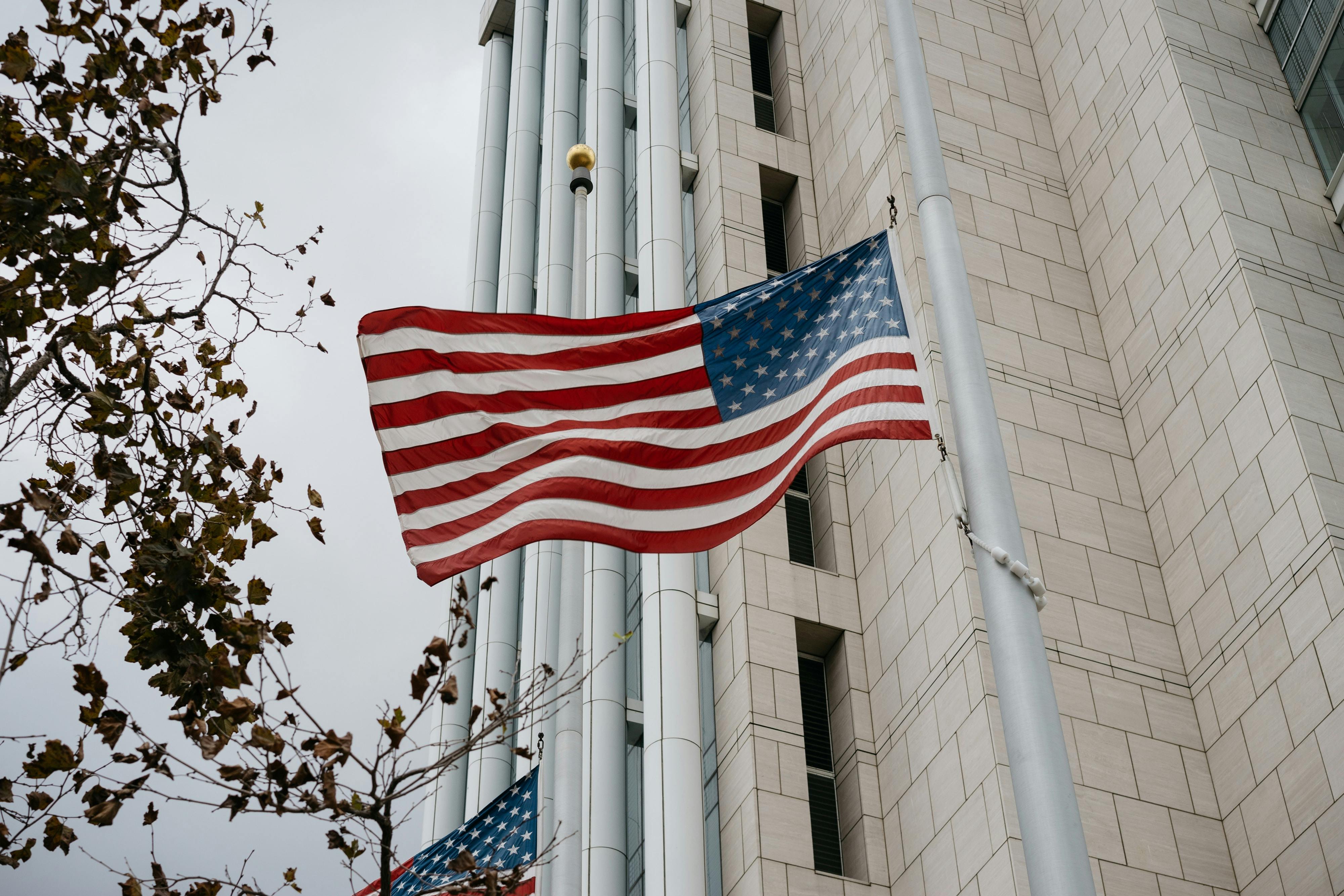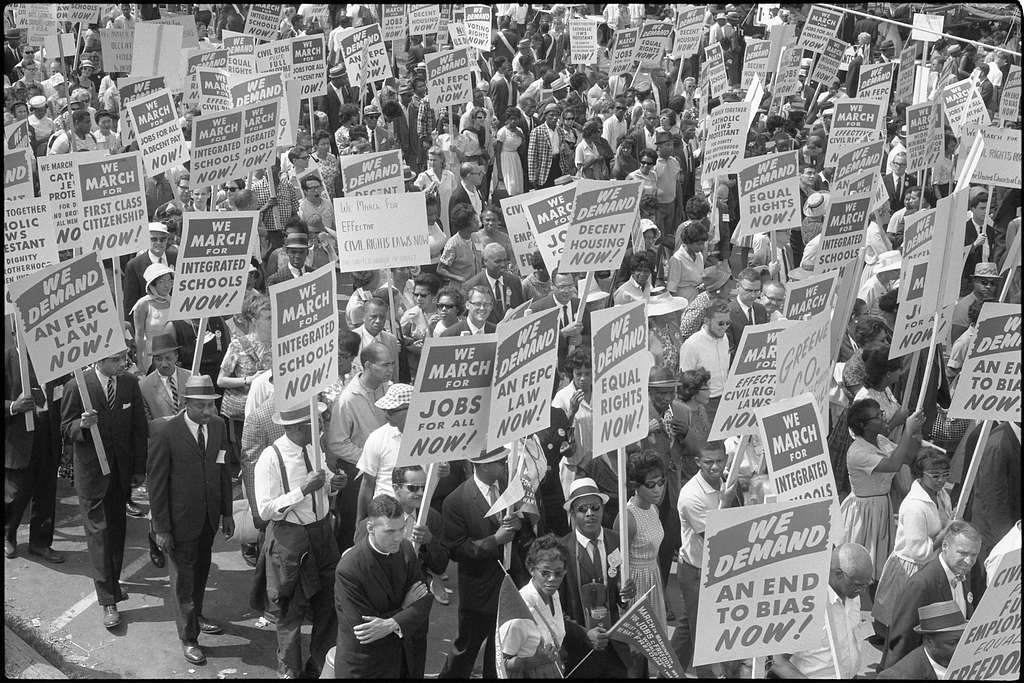The Situation: Committing Impeachable Offenses in a Hurry
.jpg?sfvrsn=8253205e_7)
The Situation on Thursday celebrated 15 years of Lawfare.
In the two days that followed, President Trump got rid of the interim U.S. attorney in the Eastern District of Virginia and went on a social media tirade demanding prosecution of such political opponents as James Comey, Adam Schiff, and Letitia James.
You can read all the tortured details here, and the social media posts in question are available here and here and here and here.
For present purposes, only three facts are relevant and important. First, the president is replacing Erik Siebert as acting U.S. attorney because Siebert had determined there is no case to bring against Comey or James. Second, President Trump, by whatever means, has determined that “[t]hey’re all guilty as hell” and “there is a GREAT CASE” to bring against them. And third, Trump’s in a rush. “We can’t delay any longer,” he bleats. “JUSTICE MUST BE SERVED, NOW!!!”
It looks like at least one of what I’ve called “ghost investigations” has become flesh—at least momentarily. The Justice Department has, for a few months now, been announcing investigations of a variety of things it has no realistic power to prosecute. My posture toward these investigations has been consistent: Wake me when the investigations actually start interviewing witnesses, putting people in front of grand juries, executing search warrants, or bringing charges.
That time appears to be now—if only for a few nanoseconds. According to the New York Times,
Last week, prosecutors from Mr. Siebert’s office subpoenaed Daniel C. Richman, a Columbia law professor and close friend and adviser to Mr. Comey, in connection with an investigation into whether the former director had lied about whether he authorized Mr. Richman to leak information to the news media, according to people familiar with the situation. Documents released by the F.B.I. in August showed that investigators had examined possible disclosures of classified information to The New York Times.
Mr. Richman’s statements to prosecutors were not helpful in their efforts to build a case against Mr. Comey, according to two people familiar with the matter.
(Full disclosure: Richman is a friend and a Lawfare contributor. Comey is also a friend and a more occasional Lawfare contributor. No information in this column was obtained, directly or indirectly, from either of them.)
The interview with Richman is the first evidence of actual investigative activity I have seen reported in public, something more substantial than someone merely saying that the department is looking at someone.
It was closely followed by a second step: Siebert’s determination that no charges were warranted—in other words, a declination. This declination is consistent with my sense that it’s easy to announce a ghost investigation of one or another of the Trumpist conspiracy theories. But it doesn’t take a lot of investigating to determine that there’s nothing here to prosecute—both because there is no evidence that the supposed subjects did anything wrong and because of a variety of other prosecutorial impediments. It was this decision that appears to be what triggered Trump’s wrath and Siebert’s removal.
Note just how little time it took Siebert to decline the case and be willing to lose his job over doing so. It was only early July when Fox News first reported the existence of the ghost investigations of Comey and former CIA Director John Brennan. So it apparently took the Eastern District of Virginia barely two months to review all the records of the whole intelligence community assessment saga, to interview the relevant witnesses, and to determine that there was no case to bring.
This brings us to the second feature of Trump’s posts: He has determined the guilt of the three people involved and wants the cases brought irrespective of the merits as professional prosecutors consider them after, you know, talking to the relevant witnesses and actually reading the documents and the like.
Other than to note the infinite corruption of such a posture, I actually have little to say about it. The president has determined that three of his political foes are guilty. A prosecutor working for him has determined that there is no case to make against them. He has removed that prosecutor and named one of his personal lawyers to run the office with the case—a lawyer he hopes will be more compliant—in response. The thing really speaks for itself.
If the Congress of the United States were not the self-enfeebling body that it is, I might take the time to note that this is a gross civil liberties abuse and certainly constitutes an impeachable offense. But life is short, and I have no intention of using any more of my limited breaths on this Earth pleading for congressional attention to duty or oath.
Instead, let’s turn to the question of why President Trump is in such a rush. Why exactly can we not delay any longer? Why exactly must justice be served “now”?
The answer is that—at least as regards Comey—a key statute of limitations is about to run. When the ghost investigation was announced, I studied the possible crimes it might look at both with respect to Comey and with respect to Brennan, trying to figure out what might possibly be the substance of the investigation. Here’s what I found:
[T]hese events happened eight years ago. Indeed, Brennan and Comey have both been out of office for more than eight years. The normal statute of limitations for most relevant felonies, by contrast, is five years. So if the two conspired as government officials ... to do something nefarious to cook intelligence to get Trump, the statute of limitations for that offense, assuming such conduct even maps onto any known criminal offense, would have lapsed long ago. Ditto the statutes governing false statements and perjury. In other words, it’s completely unclear what the Justice Department—so eager to announce the investigation—might actually be investigating.
I can think of only two possible answers to this question.
[T]he first possibility is that some of the investigations of these matters dragged on for years, and some interviews might have taken place late enough that statutes of limitations have not yet run. For example, Comey gave one congressional testimony as late as September 2020, which would leave a few months yet before the statute of limitations on that. Brennan was interviewed by the John Durham investigation in August of the same year. So it’s theoretically possible that the investigation is limited to supposedly false statements made in the context of interviews made within the past five years.
September 2020, huh? That’s five years ago this month. To be precise, Comey’s testimony before the Senate Judiciary Committee took place on September 30, 2020. In other words, nine days from today, any ability to charge Comey for any alleged false statement he may have made at that hearing will lapse. Once October arrives, any possibility of prosecuting Comey disappears, barring resort to truly exotic theories under conspiracy law.
Trump’s sense of urgency, in other words, is about the fact that time is tick tick ticking away rather quickly. For a case to materialize against Comey, Trump needs by month’s end to install leadership at the Eastern District of Virginia willing actually to take the case against Comey to a grand jury. That leadership would then have to convince a grand jury to indict. It would have to find a way to get around whatever it is that Richman said to convince Siebert—a prosecutor who had every reason to keep the president happy—that there is no charge to bring. But the thing is, events around the country have shown, grand juries will not, in fact, bring just any case a prosecutor asks them to. A lot of ham sandwiches turn out to be walking the streets with impunity.
It’s easy for the president to pronounce on social media who is guilty of what. But a prosecutor has to comport with certain actual standards, both legal and professional. A truly frivolous case brought against a high-profile former official, just days after the leadership of the same office was removed for refusing to bring the very same case? A case rushed to indictment just days after a declination, quite obviously to slip under the statute of limitations wire? I think Pam Bondi and Todd Blanche, somewhere in their corrupted little hearts, still know what a terrible idea this is. Both, after all, stuck up for Siebert, according to the New York Times, which reports that they “privately defended Mr. Siebert against officials, including William J. Pulte, the director of the Federal Housing Finance Agency, who had urged that he be fired and replaced with a prosecutor who would push the cases forward, according to a senior law enforcement official.”
They and the new leadership of the U.S. attorney’s office of the Eastern District of Virginia have nine days to figure out whether they, like Siebert, have the fortitude to honor the relevant legal and professional standards in the face of the president’s rage.
Tick tick tick tick tick.
The Situation continues tomorrow.





